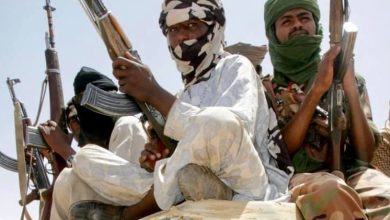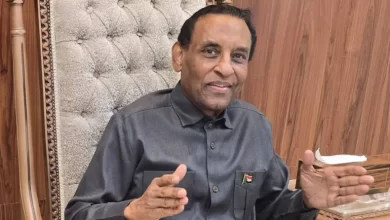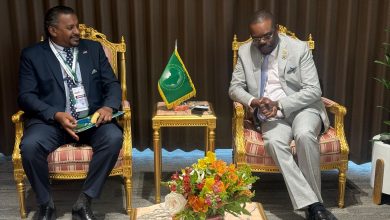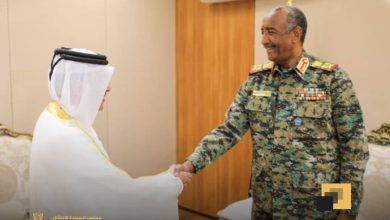Sudan: Increasing Calls to Arm Civilians
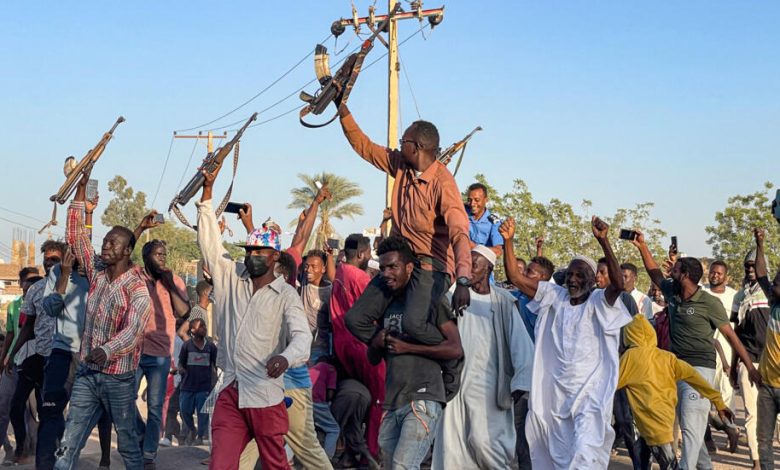
Agencies – Sudan Events
Voices calling for arming civilians began to grow in Sudan, with the Rapid Support Forces (RSF) advancing towards the south and the specter of civil war dominating the country after eight months of bloody power struggle between these forces led by Mohammed Hamdan Dagalo and the Sudanese army led by Abdul Fattah Al-Burhan. The Sudanese had previously gained experience in arming civilians, which led to fueling conflicts such as what happened in the Darfur region, west of the country, which claimed 300,000 lives and caused 2.5 million residents to flee their homes, according to the United Nations.
After the RSF in Sudan seized large parts of Gezira State and took control of the capital, Wad Medani, they continued their advance towards the south and took control of several areas in the neighboring Sinnar State.
Sudanese citizens complain of “violations” committed by the RSF in the areas of Gezira, and they fear their repetition. This made groups calling themselves the “Armed Popular Resistance” launch calls to arm civilians in the states of White Nile, River Nile, Northern Gedaref, Kassala, and Red Sea, all of which are areas under the control of the army.
For its part, the RSF invite any residents of the areas under its control to volunteer to arm them, stressing that the goal of this is for them to protect their areas.
In the city of Shendi, River Nile State, 150 kilometers north of the capital, Khartoum, Mohamed Badawi, the governor of the state, said last week while speaking in front of thousands of residents, “We will train young people to bear arms, defend land and honor, and protect their families against rebellion,” referring to the RSF.
While the Small Arms Survey research group confirms that 6.6% of Sudanese own a firearm. Mohamed Al-Amin, the leader of the Beja tribes, said in front of a crowd of members of his tribe on Monday in the city of Suakin in the Red Sea state (east), “We are ready to take up arms to defeat” the RSF.”
In one of the villages in the east of Gezira, a citizen who requested not to be disclosed for security reasons said, “The RSF arm a number of young men from each village in the name of protecting their village and hand them Kalashnikov rifles and one or more vehicles, depending on the size of the village.”
Fears of civil war on the horizon
These calls and movements raise fears that the circle of conflict will expand and turn into a civil war.
A security official, who requested not to be disclosed because he was not authorized to speak to the media, said: “These are disastrous steps in a country that already suffers from the spread of weapons, as if it adds fuel to the fire.” Stressing that “no one guarantees the groups that obtain weapons how they will use them and for what purposes.”
For his part, Sherif Mohammed Osman, a leader in the Forces of Freedom and Change (FFC) Alliance, said, “The moral and ethical position is to urge the parties to end the war and not to push citizens to popular resistance and military mobilization and raise the pace of fighting because this prolongs the war,” which resulted in the deaths of more than 12,000 Sudanese. More than 7 million people were displaced, according to the United Nations.
The FFC Alliance is considered the main civilian bloc in Sudan that was sharing power after the overthrow of Omer Al-Bashir and before it was overthrown by the coup carried out by the army in cooperation with the RSF in 2021.
Experiences that fueled conflicts in the country
The Sudanese have gained experience in arming civilians, but it has led to fueling conflicts, as happened in the Darfur region in the west of the country, where the conflict broke out in 2003, killing 300,000 people and displacing 2.5 million residents from their homes, according to the United Nations.
Official statistics issued in 2018 indicate that there are five million weapons in the possession of civilians in various regions of the country.
But the security official told Agence France-Presse that this number is much lower than the reality and “does not include the presence of the rebel militias fighting the government in Darfur or South Kordofan and the Blue Nile.” He added, “Before the war, weapons licensing procedures became easy and were controlled by military intelligence and not through the Weapons and Ammunition Law,” as was the case before.
He explained that “the arms trade has flourished across the country’s western, northwestern and eastern borders.”
Yousif Ali, a citizen residing in the east of Gezira, said, “If no one gives me a weapon, it is easier to obtain it than to obtain food supplies. I can simply buy it.”
